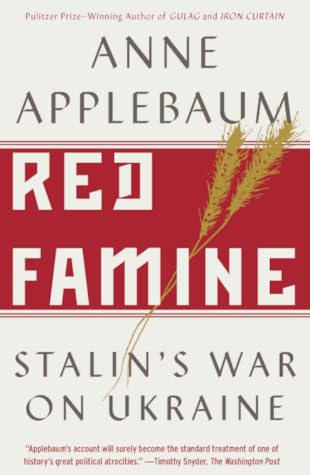Collectivization also meant that peasants had lost their ability to make decisions about their lives. Like the serfs of old, they were forced to accept a special legal status, including controls on their movement: all collective farmers, kolkhozniks, would eventually need to seek permission to work outside the village. Instead of deciding when to reap, sow and sell, kolkhozniks had to follow decisions made by the local representatives of Soviet power. They did not earn regular salaries but were paid trudodni or day wages, which often meant payment in kind—grain, potatoes or other
...more
Welcome back. Just a moment while we sign you in to your Goodreads account.


